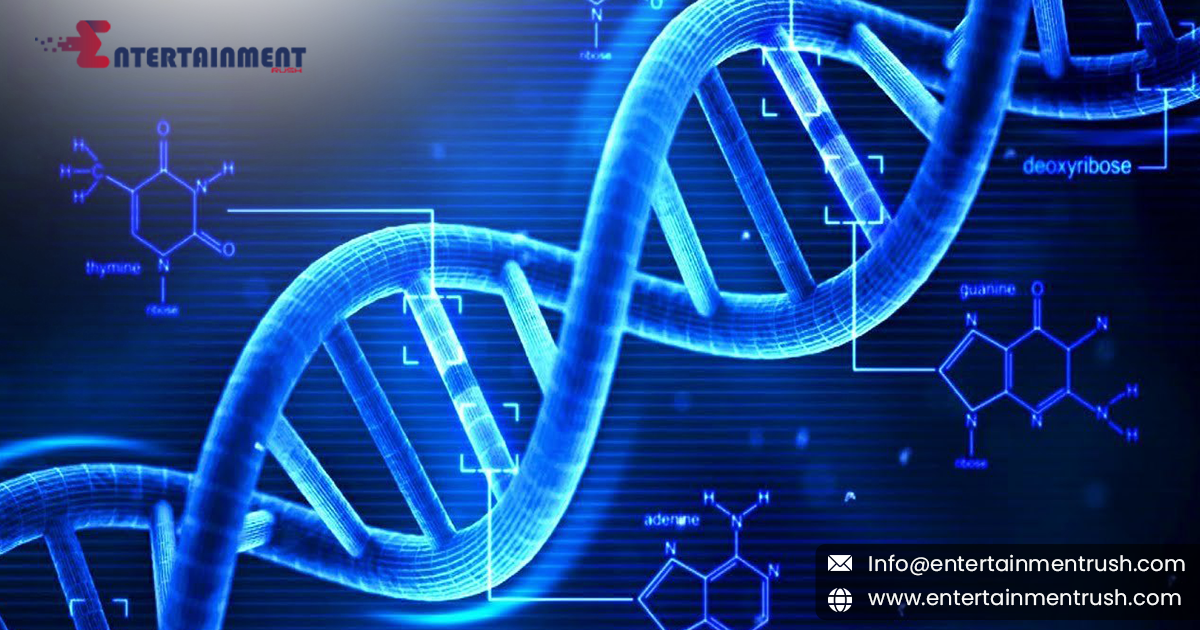The study of DNA, the molecule that carries the genetic instructions for the development, functioning, growth, and reproduction of all known living organisms, is a cornerstone of modern biology and biotechnology. In the United States, researchers and scientists are deeply engaged in unraveling the complexities of DNA, decoding the blueprint of life to advance our understanding of genetics, medicine, agriculture, and evolutionary biology.
Genetic Discoveries and Breakthroughs
DNA, or deoxyribonucleic acid, is composed of a unique sequence of nucleotide bases that encode genetic information. The elucidation of the DNA structure by James Watson and Francis Crick in 1953 marked a pivotal moment in scientific history, laying the groundwork for decades of genetic research. Since then, advancements in DNA sequencing technologies, such as next-generation sequencing and CRISPR-Cas9 gene editing, have revolutionized our ability to study and manipulate genetic material. These breakthroughs have fueled discoveries ranging from the identification of disease-causing genes to the reconstruction of evolutionary relationships among species.
Medical Applications and Precision Medicine
In the field of medicine, DNA sequencing has transformed diagnostics and personalized treatment strategies. Genetic testing allows clinicians to identify inherited disorders, predict disease risk, and tailor therapies based on individual genetic profiles. Precision medicine initiatives in the United States leverage genetic data to develop targeted therapies for cancer, rare diseases, and genetic disorders, ushering in a new era of patient-centered healthcare.
Agricultural Innovations and GMOs
DNA technology has also revolutionized agriculture by enabling the development of genetically modified organisms (GMOs) with desired traits such as pest resistance, drought tolerance, and increased yield. In the United States, genetically engineered crops like herbicide-resistant soybeans and insect-resistant corn have become integral to modern farming practices, improving crop productivity and sustainability. DNA-based technologies continue to drive innovation in agriculture, offering solutions to global food security challenges.
Forensic Science and DNA Profiling
DNA profiling, or DNA fingerprinting, is a powerful tool used in forensic investigations to identify individuals and establish biological relationships. The development of polymerase chain reaction (PCR) techniques has made it possible to amplify trace amounts of DNA from crime scenes, providing critical evidence for criminal investigations and exoneration of the wrongfully accused. DNA databases in the United States help law enforcement agencies solve cold cases and ensure accuracy in the criminal justice system.
Ethical and Societal Implications
The widespread use of DNA technologies raises ethical and societal considerations related to privacy, consent, and genetic discrimination. In the United States, policies and regulations govern the use and storage of genetic information to protect individual rights and prevent misuse of genetic data. Ongoing dialogues among scientists, policymakers, and communities are essential to address ethical dilemmas and ensure equitable access to genetic technologies.
Education and Public Engagement
Educational initiatives in the United States promote DNA literacy and engage the public in discussions about genetics and biotechnology. Schools, museums, and outreach programs offer hands-on activities and resources to teach students about DNA structure, inheritance patterns, and biotechnological applications. Increased public understanding of DNA fosters informed decision-making and empowers individuals to participate in conversations about the ethical and social implications of genetic research.
Future Directions in DNA Research
As technology continues to advance, the study of DNA holds immense promise for addressing global challenges in health, agriculture, and environmental conservation. Researchers in the United States are exploring new frontiers such as synthetic biology, epigenetics, and gene therapy to unlock the full potential of genetic information. By deepening our understanding of DNA, we can harness its transformative power to improve human health, enhance food security, and preserve biodiversity for future generations. Understanding DNA is key to unlocking the mysteries of life and driving scientific progress in the United States and beyond.
By decoding the genetic blueprint, researchers are advancing knowledge across diverse fields, from medicine and agriculture to forensic science and conservation biology. As we continue to explore the intricacies of DNA, it is imperative to navigate ethical challenges with care and ensure that genetic technologies benefit society while upholding fundamental principles of equity and justice. Through collaborative efforts and responsible stewardship of genetic resources, we can harness the transformative potential of DNA to build a healthier, more sustainable world for all.
